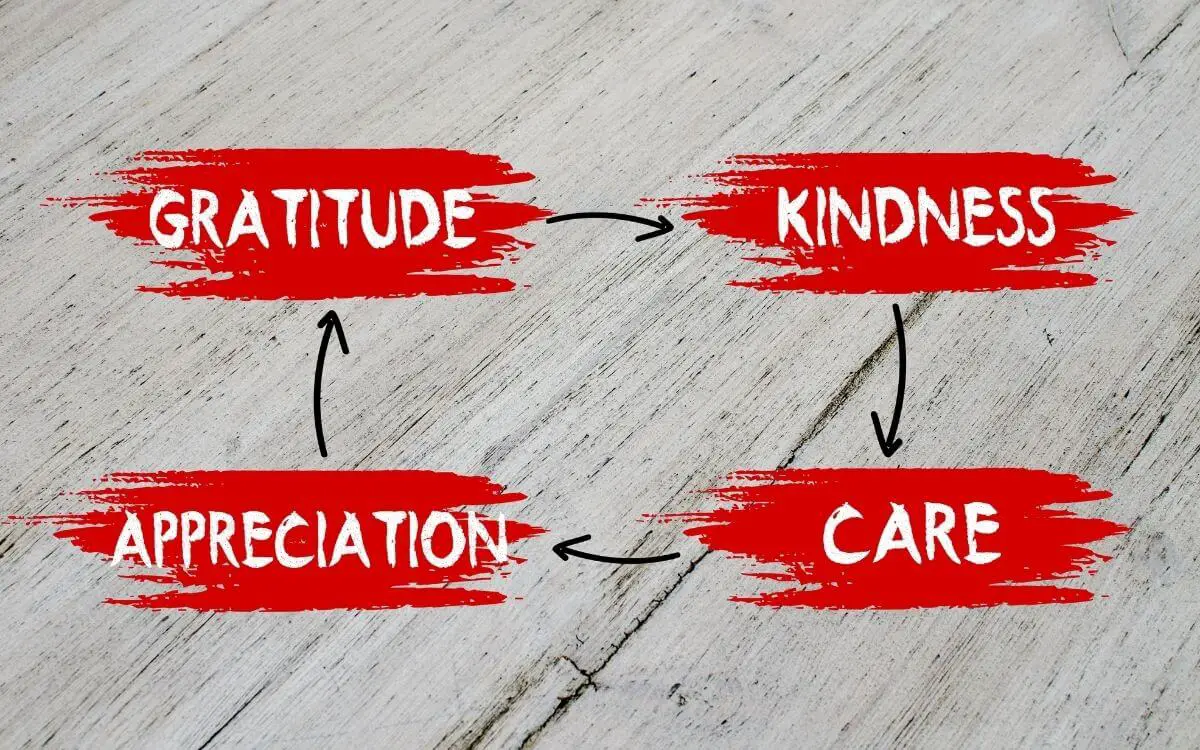What do caregivers need most? Helping you understand us better…
So what do caregivers need most?
Not knowing what do caregivers need most can easily impact your relationship and your partner.
I started this blog to help women like my wife with endometriosis and fibromyalgia. I realized, there’s not enough awareness about caregiving partners.
No one is aware of our struggles. We are often marginalized, forgotten, our voices aren’t heard.
This article will help you understand us better, so you can help your partner avoid stress and caregiver burnout.
Caregiving for a spouse is the most rewarding, most difficult job, especially for a man.
As a professional caregiver for disabled young people, and as a husband behind his chronically ill wife, I am equipped to answer the question…
What do caregivers need most?
Here’s the answer:
- Recognizing and understanding.
Their struggles have to be recognized, their voices heard, and they need to be understood. Caregivers want to feel respected and appreciated.
- Time to recharge lost energy.
Caring for a spouse is a full-time job. You always help or think about the person. Spousal caregivers need a break or they become overwhelmed which leads to caregiver burnout. - Help with caregiving.
Spousal caregivers work 24/7. Since their partner is chronically ill, their job has no end. Help from family, friends, even from charities or professional agencies, allows them to have a well-deserved break.
- Physical and emotional support.
Caregiving can be stressful. Stress leads to anxiety, depression, and physical demands lead to exhaustion. This is why caregivers need physical and emotional support.
- Financial support.
Partners who support their loved ones often cancel or take time off work to care for their ill spouse. It impacts their financial situation. That causes stress, and the vicious cycle never ends. But there is a way to earn money at home whilst caregiving.
Recognition and understanding.
When you ask any of us what do caregivers need most, the most important to us is simply to be noticed.
We seem to be invisible to society, doctors, and sometimes even to the family.
The focus is always placed on the person who suffers from a chronic condition. And rightly so, however, our struggles aren’t often recognized.
We desperately need our voices to be heard as it is expected from us, to understand how our loved ones feel. We also want to be understood.
Caregivers want to feel respected because at the end of the day we sacrifice our time, and life, to help another person while ignoring our own hobbies and passions.
It’s not about being put on a pedestal, we just want to hear “thank you” once in a while, to feel appreciated.
These simple words can go a long way because they build confidence in us.
Feeling appreciated encourages us to keep going, gives caregivers the strength and recognition we so desperately need.
Time to recharge!
What else, what do caregivers need most apart from recognition and understanding?
We need time to recharge our batteries, time to recharge lost energy. To rethink what we do and rest.
Caring for a chronically ill loved one, especially when that person suffers from multimorbidity, is a full-time job.
My wife suffers from a rare kind of endometriosis, she has stage IV deep infiltrating endometriosis. As if this wasn’t enough, M was diagnosed with fibromyalgia disorder.
Endometriosis is a condition where the tissue that lines the inside of your uterus grows outside of it.
These growths are also called “endometrial implants”.
The tissue that makes up the lining of your womb is found outside of it, in areas such as your ovaries, fallopian tubes, the bowel, bladder, and even the inside of the abdominal lining.
Fibromyalgia is a long-term condition that causes pain all over the body. The first main signs of fibromyalgia are:
- Fatigue and lack of energy.
- Trouble falling asleep, insomnia.
- Anxiety and depression.
- Memory problems and trouble concentrating called “fibro fog”.
- Headaches and migraines.
- Muscle twitches or cramps, numbness or tingling in the hands and feet.
Your supportive partner always helps or thinks about you, even if you cannot see it. Illnesses like endometriosis and fibromyalgia are extremely difficult to manage.
Not only do they affect women who suffer from them, it really impacts their loving partners.
Spousal caregivers need a break, otherwise, they become overwhelmed with the number of tasks they have to do, which might lead to caregiver burnout.
Help with caregiving.
Spousal caregivers work 24/7, it’s a full-time job since their partner is chronically ill, there is no cure to the partner’s disease, and so their job has no end.
Because caregiving partners get overwhelmed, help from family members or close friends is really great source of support.
If that fails, there are always charities that can offer free help.
The people who work for them want to gain experience in the job or are on apprenticeship. Some of them do it because they love helping others.
There are also paid professional agencies, that can provide you with high-quality, trained carers.
Lastly, respite care. If you can afford it, it can be a great solution for both of you. The caregiver gets a well-deserved break, the caring spouse has a nice relaxing time away from the monotony.
Help is crucial in order for your spouse not to burn out. Caregiving is a very rewarding, but challenging at times job.

Physical and emotional support.
This type of support involves physical comfort such as hugging or pats on the back, as well as listening and empathizing with your other half.
By knowing that others care about you means so much but it is not the only answer to what caregivers need.
Just a kind listening ear helps a lot, to get rid of worry, guilt, sadness, even feeling overwhelmed.
Caregiving for someone you love can be very stressful because it seems impossible to balance work, being a partner, and caregiver at the same time. It causes stress.
Stress leads to anxiety, depression, and physical demands lead to exhaustion.
Caregivers need physical and emotional support that is available as much as for those we care about.
Financial support…
What do caregivers need most if not money! The need for money is a problem, especially if your treatment and transport to hospitals rely on it.
As it was in my case, partners who support their loved ones often cancel work last minute, to take time off in order to care for their ill spouse. It impacts their financial situation. That causes stress, and the vicious cycle never ends.
But there is a way to earn money at home whilst caregiving. It is blogging!
You can write a blog, bring people to it (traffic), and later on monetize your blog. You can do it in many ways, such as ads, affiliate links, printables, info products, e-Books, e-courses…
Having in mind that building a blog can take at least a year, due to the fact that the article that you post has to mature on average 8 months to get traffic, it puts people off.
But if you are willing to keep going and won’t give up, you won’t regret it, you can change your life financially, and never even work a day again.
That’s in a nutshell the best advice I can give you. If you are willing to work on writing and don’t give up, you can reach financial freedom sooner than you think, in a matter of 2-3 years.
So, If that caught your attention, you can learn everything in my post dedicated to it.
What do caregivers need most?
To summarize it all, asking “what do caregivers need most” isn’t easy to answer, it’s complex.
They need respite, recognition, support, listening ears, help with the care, prayers, a good laugh, and if they are paid caregivers, a good enough wage.
Caregiving is the most rewarding, yet the most difficult job you can have.
I’m a professional caregiver as well as a spousal one. Professional caregivers are sufficiently trained to perform their tasks, to observe, to record, and report any changes they observe to other medical care workers.
They know what to do if a crisis develops. Spousal caregivers don’t have such training, they become carers unexpectedly, without professional support and training.
They learn on the job, and having no one to communicate with, often falls victim to mental health problems like anxiety and depression.
I hope this post will serve you well. Take care of yourself and your partner.


About Me
Hi, I’m Lucjan! The reason why I decided to create this blog was my beautiful wife, who experienced a lot of pain in life, but also the lack of information about endometriosis and fibromyalgia for men…
